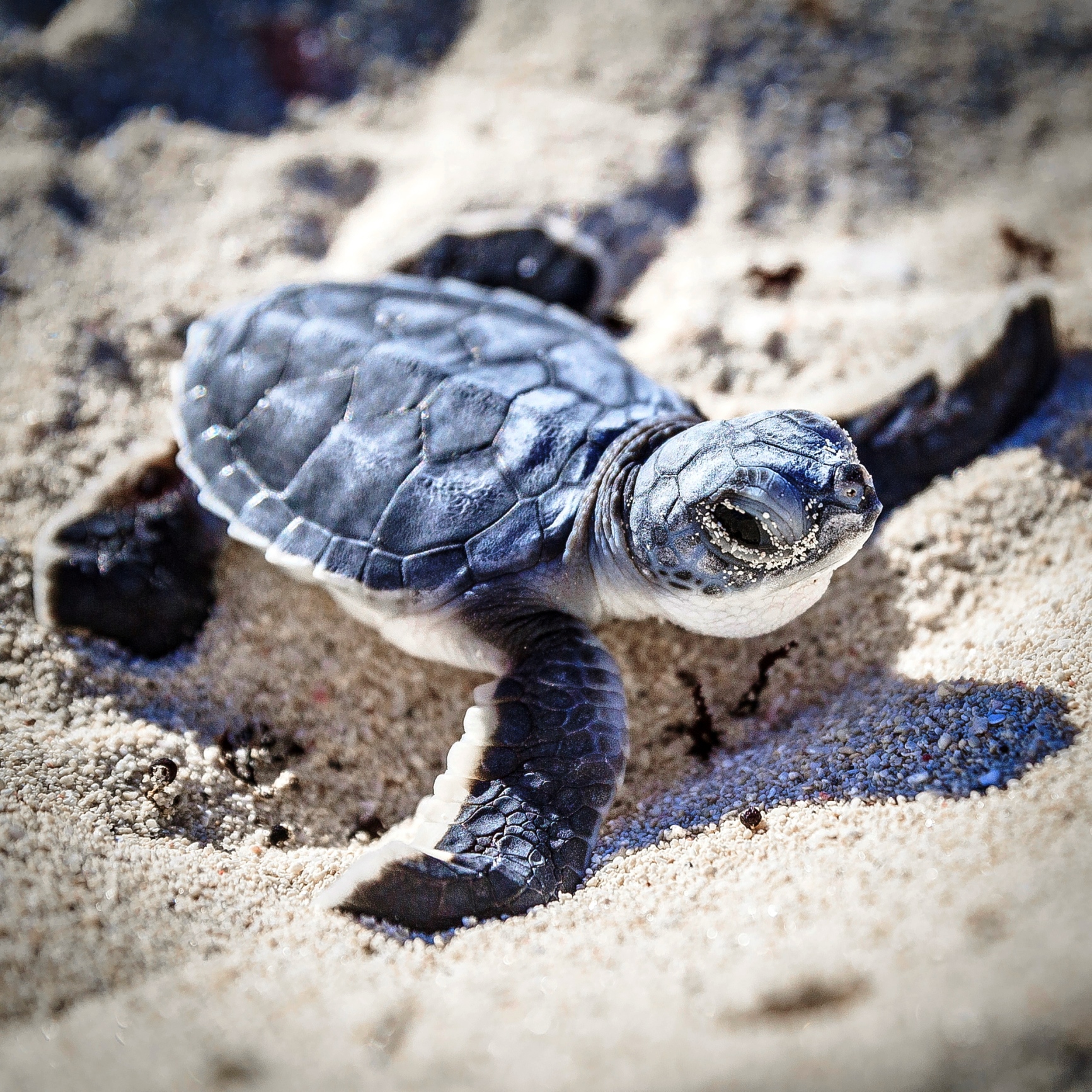
One of the most unusual public companies of them all has to be none other than Odyssey Marine Exploration Inc. (NASDAQ: OMEX). This company is literally a treasure hunting outfit that looks for gold, silver and artifacts from shipwrecks. The company also is engaged in mineral exploration. Its fortunes as a stock rise and fall based on progress on new treasure hunting sites and based on future revenue streams from projects.
So what happens when the company gets an application denied that would help or make possible the next revenue stream? Hint: it’s not pretty. Like a drop of about half.
Monday brought news that Odyssey Marine had announced that it was informed that the recent decision by the Mexican Secretary of Environment and Natural Resources regarding the Don Diego dredging and phosphate sand extraction project resulted in a denial of the application for an environmental license as presented.
Odyssey Marine said in its release that it now has three different avenues to move the project forward. Its subsidiary in Mexico controls the mining concession for the Don Diego phosphate deposit, and it is said to be evaluating all options with its Mexican legal team in order to determine which of these avenues has the highest probability of ensuring project approval.
Unlike many of the company’s past hurdles, this is based on the potential environmental impact of dredging operations on sea turtles. The company’s press release said that it believes the reason for the denial was based on misinformation. Still, Odyssey Marine did go on to say that sea turtle mortality issue has been and continues to be a major problem for this region. Odyssey Marine even said that there will be further declines to endangered turtle species without proactive measures.
The Don Diego project will proactively fund mitigation and restoration plans designed to increase turtle populations over time. Mark Gordon, Odyssey president and chief executive officer, said:
While the denial was obviously a very disappointing outcome, after an extensive review of SEMARNAT’s decision, we are impressed by the thorough process which included over 16,000 pages of submissions from our team with more than 2,700 subsections and responses to more than 90 specific questions posed by SEMARNAT scientists and technicians. We are pleased that taking into consideration the large number of potential environmental impacts that were evaluated, the denial was focused only on a single issue, the potential impact of dredging operations on sea turtles, which we believe was based on misinformation.
Fortunately, in parallel with the MIA process, as a component of developing our operational plans for the project, we have been working with the world’s foremost experts in sea turtle biology and management to develop turtle protection, habitat enhancement and monitoring programs. We believe that once we present this information to SEMARNAT and other Mexican Government agencies, it will be clear that the Don Diego project will have a significant positive impact on the local and migratory turtle populations, and that the ultimate approval of our project will enhance the local turtle populations.
Our strategic partner remains strongly committed to Odyssey and to this project because we have now resolved all but one of the environmental concerns that had been raised during the process. We have been working closely with our partner to assemble a team of the very best lawyers and scientists in Mexico skilled in this particular specialty to ensure that we select the absolute best strategy for moving this very important project forward in the most expeditious manner. That team is very confident that this project will ultimately be approved.
Odyssey Marine currently owns 54% of the outstanding shares of subsidiary Oceanica Resources. The press release shows that Oceanica owns Exploraciones Oceanicos, the Mexican operating company with the mining concession containing the Don Diego phosphate deposit.
Odyssey Marine Exploration shares were last seen down a whopping 54% at $3.81, against a 52-week range of $1.80 to $9.36. Trading volume was over 2.5 million shares in the late morning, a volume spike from the average of about 61,000 shares on a normal trading day.
Take Charge of Your Retirement In Just A Few Minutes (Sponsor)
Retirement planning doesn’t have to feel overwhelming. The key is finding expert guidance—and SmartAsset’s simple quiz makes it easier than ever for you to connect with a vetted financial advisor.
Here’s how it works:
- Answer a Few Simple Questions. Tell us a bit about your goals and preferences—it only takes a few minutes!
- Get Matched with Vetted Advisors Our smart tool matches you with up to three pre-screened, vetted advisors who serve your area and are held to a fiduciary standard to act in your best interests. Click here to begin
- Choose Your Fit Review their profiles, schedule an introductory call (or meet in person), and select the advisor who feel is right for you.
Why wait? Start building the retirement you’ve always dreamed of. Click here to get started today!
Thank you for reading! Have some feedback for us?
Contact the 24/7 Wall St. editorial team.


